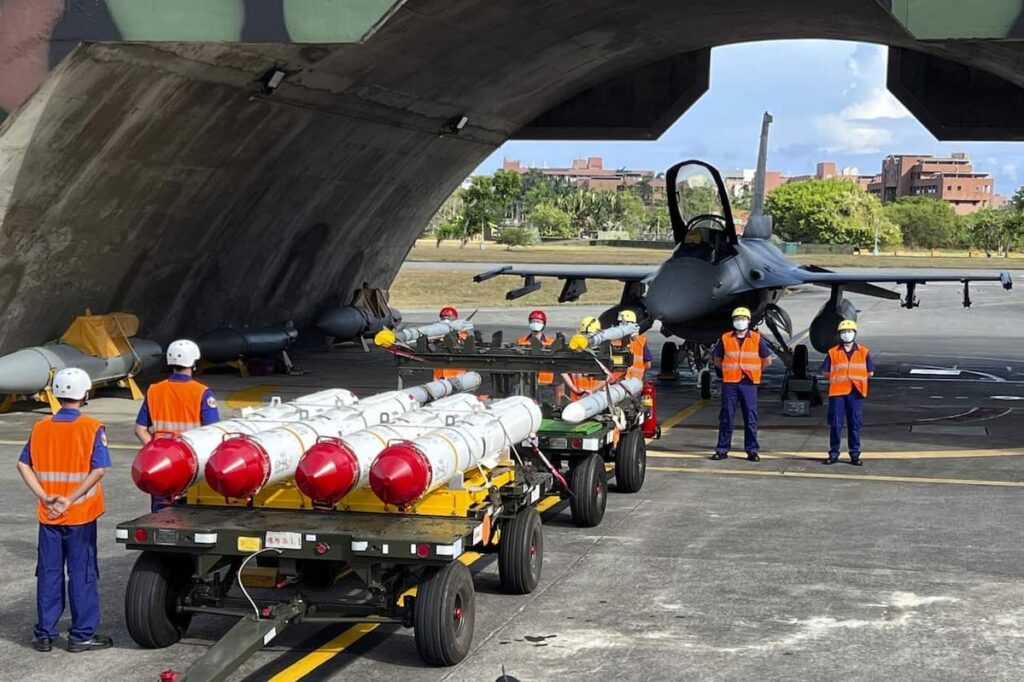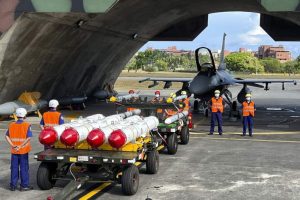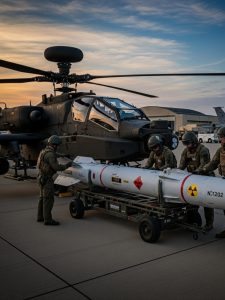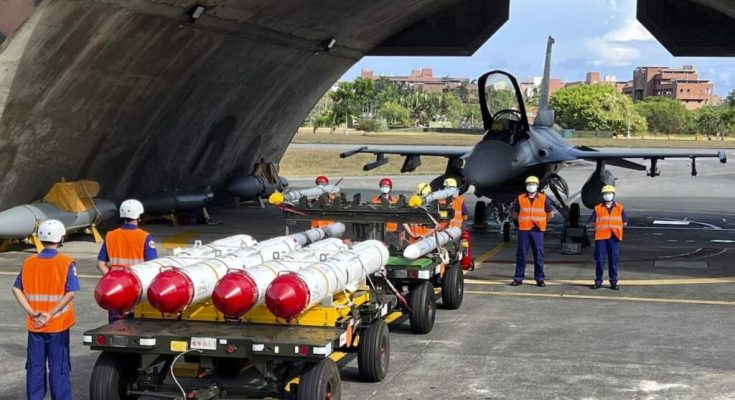
Tensions on the Korean Peninsula resurfaced this week after South Korea’s military reported that North Korea fired a ballistic missile into the waters off its eastern coast. The launch, which comes amid already heightened security concerns in the region, drew swift condemnation from Seoul, Washington, and Tokyo, as well as renewed calls for restraint from the international community.
According to South Korea’s Joint Chiefs of Staff, the missile was launched from an inland area in North Korea and traveled a considerable distance before splashing down in the East Sea, also known as the Sea of Japan. Early assessments suggest that it was a short-range ballistic missile, though officials in Seoul and Washington are still analyzing the precise type, range, and payload capabilities.
Japan’s defense ministry confirmed that the missile did not enter Japanese territory or its exclusive economic zone, but the launch nonetheless prompted alerts and monitoring across the country. Tokyo reiterated its view that North Korea’s missile program represents a direct threat to both regional and international security.
South Korea’s military said it remains on high alert and continues close coordination with U.S. forces stationed on the peninsula. In a statement, the Joint Chiefs of Staff described the missile test as a “serious provocation” that undermines peace and stability in the region. Government officials in Seoul vowed to respond firmly in cooperation with allies, while also urging Pyongyang to cease actions that escalate military tensions.

The United States Indo-Pacific Command also weighed in, stating that while the missile launch does not pose an immediate threat to U.S. personnel or territory, it highlights the destabilizing nature of North Korea’s weapons program. Washington reaffirmed its “ironclad commitment” to the defense of South Korea and Japan, emphasizing the importance of trilateral cooperation in confronting security challenges.
This latest test follows a pattern of frequent missile launches by North Korea in recent years, as the country seeks to advance its weapons technology and assert leverage in international negotiations. Analysts say Pyongyang may be attempting to showcase its military capabilities at a time when talks with Washington remain stalled and sanctions continue to weigh heavily on its economy.
North Korea’s leadership often frames these launches as defensive measures in response to joint military drills conducted by the United States and South Korea. Just days before the latest test, the two allies carried out large-scale exercises aimed at deterring potential aggression, which Pyongyang condemned as preparations for war.

China and Russia, while calling for calm, have traditionally urged all sides to reduce tensions through dialogue rather than confrontation. However, the repeated missile launches have made it difficult for diplomatic efforts to gain traction, leaving the region locked in a cycle of provocation and response.
For residents of South Korea and Japan, the continued missile activity is a stark reminder of the precarious security situation in Northeast Asia. As the international community reacts to this latest launch, attention now turns to whether Pyongyang plans additional tests in the coming weeks, and how the United States and its allies will choose to respond.
The incident underscores the fragile balance on the Korean Peninsula—where one missile launch can ripple across international borders and reignite fears of conflict.



